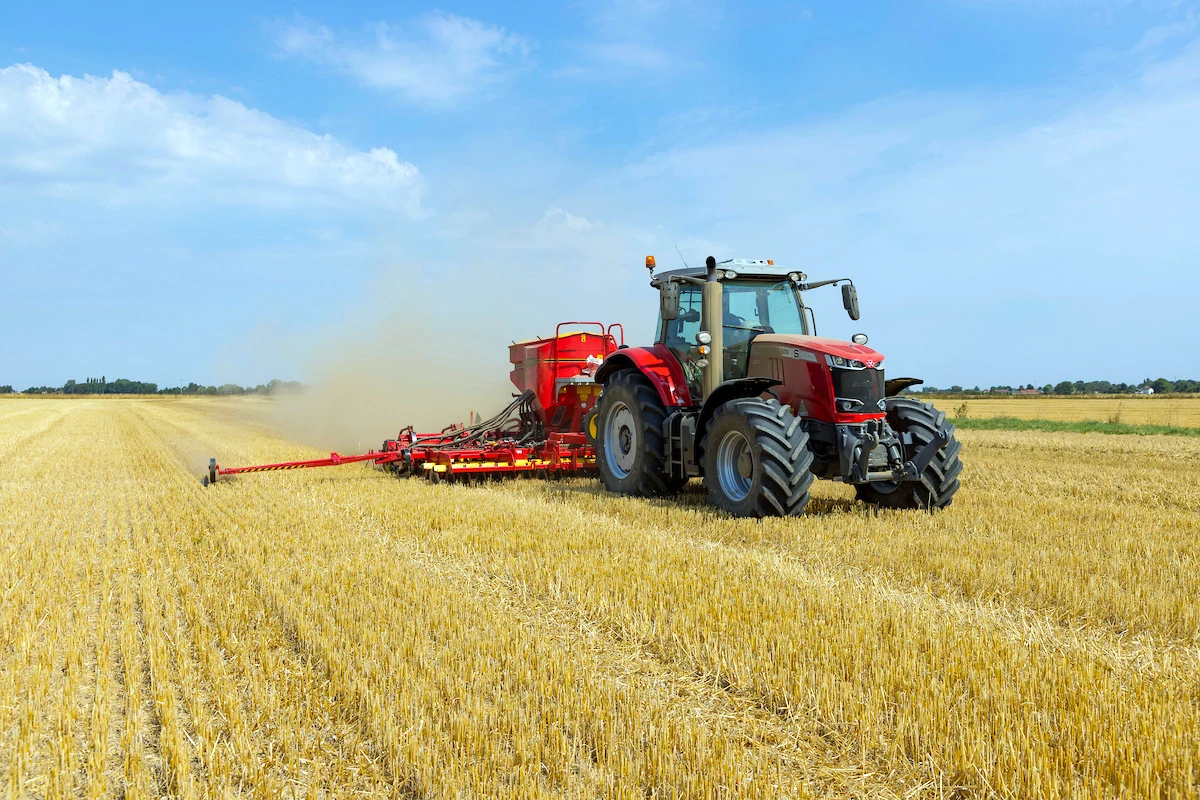Published on 1st July 2023
Seed & Establishment
Take special care with early drilling

Early August drilling needs to be undertaken with particular care if its benefits in reducing adult cabbage stem flea beetle grazing are not to be offset by subsequent management problems, insist leading industry specialists in a definitive grower guide
Early August drilling needs to be undertaken with particular care if its benefits in reducing adult cabbage stem flea beetle grazing are not to be offset by subsequent management problems, insist leading industry specialists in a definitive grower guide.
Of special concern in this respect, they explain, are greater winter and early spring pressures from CSFB larvae; increased threats from light leaf spot, clubroot and verticillium; and higher risks of excessive pre-winter canopy growth and lodging.
Alongside careful rotational planning to allow sufficient time for the establishment practice at the peak harvesting workloads and the right early agronomy, Dekalb OSR technical specialist, Richard Williams stresses that variety choice is crucial.
“Some varieties are far better placed than others to take advantage of the opportunities early drilling offers and deal with its particular challenges,” he points out.
“Vigorous establishment ability is particularly important to get the crop through its most vulnerable stage ahead of the peak of flea beetle migration. But avoiding the ultra-rapid autumn development trait so valuable in later sowings will reduce the risk of excessively-forward crops going into the winter.
“Faster-than-average autumn development, however, remains important for the most rapid growth away from flea beetle, especially in challenging establishment conditions,” Mr Williams advises. It is important too in case unplanned harvesting delays or very dry soils mean drilling has to be delayed beyond mid-August.
“Varieties that are earlier or faster to grow in the spring may provide valuable extra tolerance to the higher levels of CSFB larvae that can be expected from earlier drilling,”
he adds.
“The inevitability of more forward crops makes first class standing power based on the best combination of stem stiffness and lodging resistance vital too. And strong light leaf spot resistance is also crucial to help offset the increased risk from the disease while good resistance to verticillium is likely to be valuable too.
“High levels of phoma resistance can make the most of generally lower pressures from this disease from early sowing to significantly increase autumn fungicide flexibility while Turnip Yellow Virus (TuYV) resistance can be a useful extra safeguard in the face of a longer period of aphid activity.”
Among the Dekalb hybrids best suited early drilling, Mr Williams picks out DK Exstar for its exceptional all-round agronomic strength, DK Extremus for its unrivalled combination of fast autumn and early spring development and TuYV resistant, DK Excited for its particular drilling and overall management flexibility.
Dekalb Recommended Early Drillers


